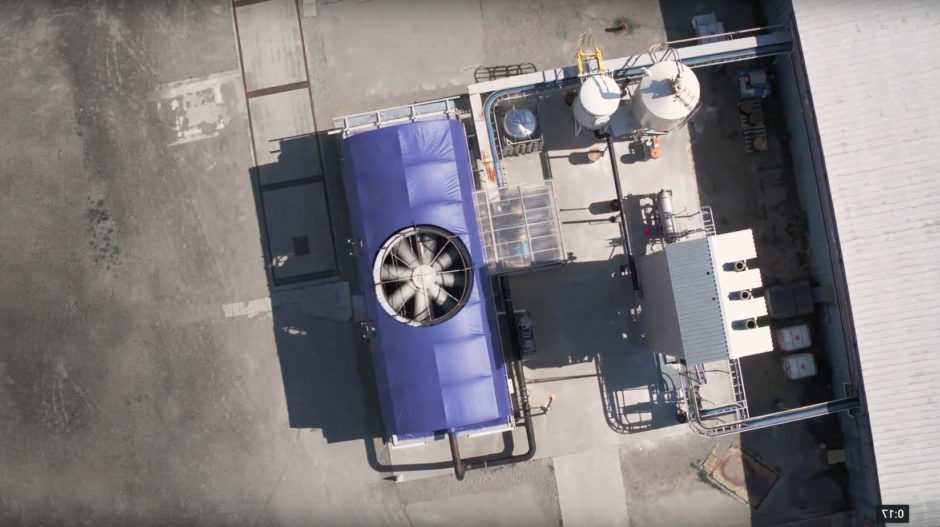
Occidental Petroleum has delivered a first shipment of carbon-neutral oil to Reliance Industries, in India.
Oxy carried out the 2 million barrel delivery via its Oxy Low Carbon Ventures unit. Macquarie Group oversaw the provision of offsets to make the delivery carbon neutral.
“We are taking important initial steps to work with our customers in hard-to-decarbonise industries to offer carbon-neutral and other low-carbon products that will leverage our expertise in carbon management to lower their total carbon impact and address Scope 3 emissions,” said Oxy Low Carbon Ventures’ president Richard Jackson.
The company said this was the start of a market for “climate-differentiated crude oil”. It produced the crude in the Permian Basin and shipped it to India.
Offsets to DAC
Offsets cover the entire lifecycle of the expected greenhouse gas emissions from the crude. They run from production, storage and transportation through to refining and use.
Oxy intends to move to its own capture and sequestration of atmospheric CO2. It would carry this out via industrial-scale direct air capture (DAC) facilities and geological sequestration.
“Macquarie is delighted to have worked with Occidental in developing this innovative solution. We look forward to continued collaboration with the company on realising their ambitious carbon-neutral goals,” said Macquarie in the Americas’ senior managing director Ozzie Pagan.
“Macquarie is working to lead the energy transition through innovation and investments focused on advancing de-carbonisation. We seek to develop, along with our clients, actionable strategies today and sustainable innovations for the future.”
Offsets for the cargo came from a number of projects under the Verra Verified Carbon Standard. These are in line with the United Nations’ International Civil Aviation Organization’s Carbon Offsetting and Reduction Scheme for International Aviation (CORSIA), it said.
Oxy has set a target of being net zero for scope 1 and 2 by 2040. It will increase this to scope 3 by 2050. The company aims to achieve this through its work in carbon dioxide management, through its carbon capture, utilisation and storage (CCUS).
